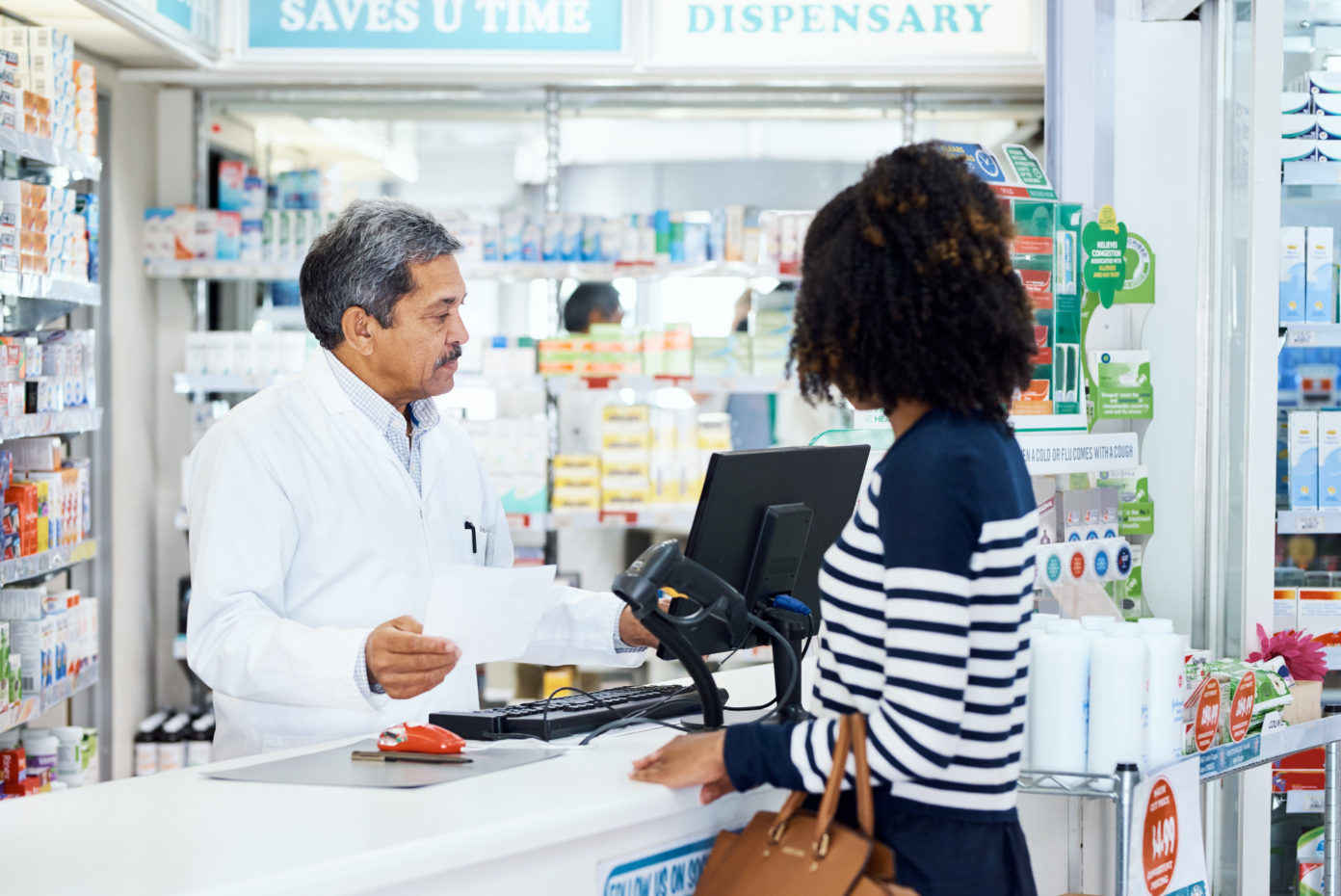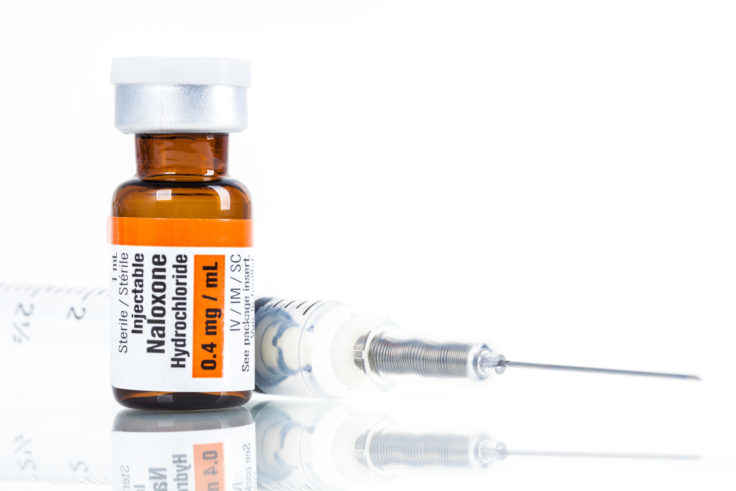Legality of Dispensing Naloxone to Minors in Pennsylvania
February 27, 2020
Overview
Drug overdose is a nationwide epidemic that claimed the lives of nearly 72,000 Americans in 2017. Opioids, both prescription painkillers and illegal drugs such as heroin and illicitly manufactured fentanyl, are responsible for most of these deaths – almost 48,000 in 2017 alone. Many of these deaths are preventable. Opioid overdose is reversible through the timely administration of the medication naloxone and, where needed, the provision of other emergency care. In an attempt to reverse this epidemic of preventable overdose deaths, every state and the District of Columbia have modified their laws to increase access to naloxone, the standard first-line treatment for opioid overdose.

For a variety of reasons, individuals under the age of 18 may wish to access naloxone without knowledge of their parents or guardian. This may be because a parent, friend, or other person with whom they interact is at risk of opioid overdose, or just so that they can be prepared in the event that they witness an overdose. In 2017, 272 Pennsylvanians under the age of 24 died of opioid overdose, and overdose among this age group has sharply increased since 2015. This fact sheet discusses whether it is permissible to prescribe naloxone to minors in Pennsylvania.



